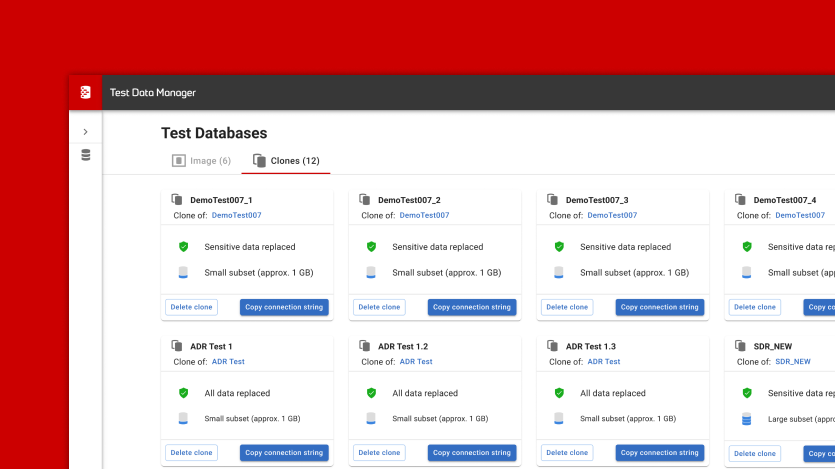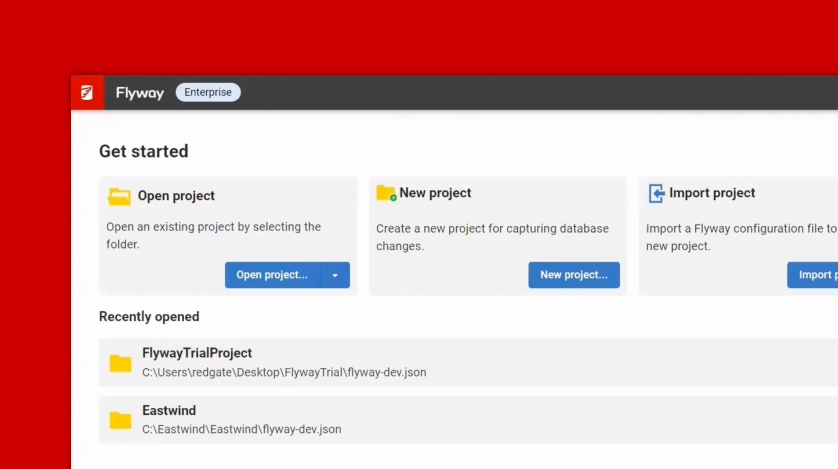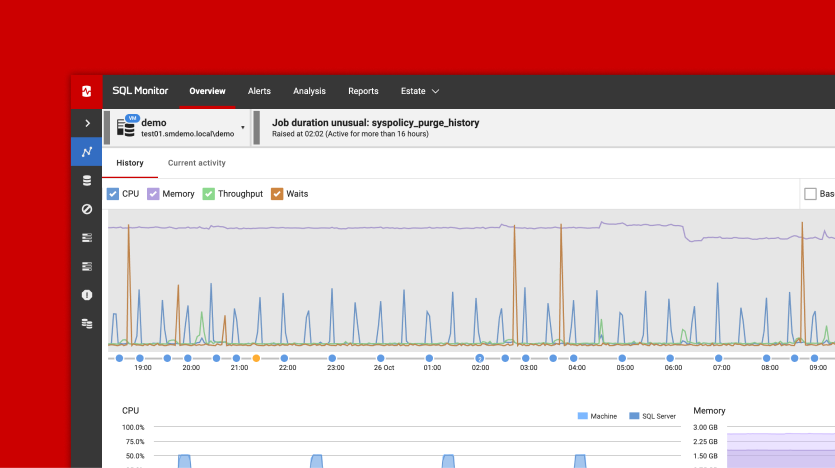What I’ve learned from 10 years of remote working
At a Redgate Summit in May, I gave a 20-minute presentation on the challenges of working from home. I presented on the topic, because, unlike many people, I’ve been working remotely my entire time at Redgate. That’s almost 10 years of remote work. So I’ve managed to screw up quite a few things and learn from those mistakes. Recognizing that eleven weeks into this whole COVID situation, most of you are probably pros at remote work. However, here are a few tips and tricks that I’ve learned over the years. Maybe just one will help you and that will be mission accomplished as far as I’m concerned.
The core ideas can be broken down to four main points:
- Increase communication volume
- Fix technical problems
- Develop good habits
- Be kind
Let’s talk a little bit about each one.
Increase communication volume
No, I don’t mean shout. What I mean is that communication when you’re face to face is easy. Millions of years of evolution has focused us on looking at one another to read subtle clues, facial nuances, tone, volume, etc, to make our communication efficient and accurate (and yet, we still mess up). We don’t have millions of years with Zoom and Slack. So, what do we do?
Increase the quantity of communication. There’s an old saying from the 1970s (no, Stalin didn’t say it) that “quantity has a quality all its own”. More communication when communication is hard is a way to get around it. Yeah, you’ll need to focus hard to ensure you’re communicating with as much clarity as possible but do communicate more. One email with one statement may not be enough. Maybe a second follow-up email with the instructions phrased another way. Increasing the amount of communication you do can offset the quality of communication.
Next, use more than one medium to communicate the same idea. Sure, write it out in a Slack channel message. Also record a video with the same idea. Maybe do an interview with someone as a podcast to communicate the same idea. Because we all process information differently, using more than one medium to put across the same message (regardless of what Marshall McLuhan said) can improve communications.
Also, we have to try to keep our communication as focused as possible. So yes, I’m advocating using different communication tools like Slack, email, and Zoom but try and be consistent with the tools you use.
Finally, to increase communication, especially if the message is vital, use the three-way handshake. Tell your message to someone using whatever medium you’re using. Then, have that person tell you your message back (in their own words of course, no copy and paste). You then repeat that message back to them. Assuming everyone has it right, you’ve just completed a three-way handshake.
Fix technical problems
I’m not going into a lot of detail here. Hopefully you’ve been supported really well by your organization – we certainly have at Redgate. So, it’s on us to use the equipment. So, get the hardware or software and install it. Then, and this is the important part, test it before you need it. Don’t wait until the start of the meeting that you’re hosting to find out your software / hardware / network / whatever is failing you.
Get in front of these problems as much as possible.
To really do well with this stuff, don’t email documents around, use the cloud, OneDrive and shared documents. Edit stuff together. I may work on a slide deck locally to get started, for example, but then I post it online and work there to share it.
Develop good habits
Honestly this point, and the next one, is the hardest. If you’ve never worked from home before, the first thing you’re going to notice (for most of us), is just how exhausted you get. That’s because you’re working more in most cases. So here are a few things you can do to get this right.
First, establish a work area. It might seem fun to work part of the day from your bed and part from your couch, then off to the kitchen only to end the day on a patio / deck / garden. However, all those spaces have distractions that will impact your work. But also, they’re where you go when you’re taking breaks from work and you’re now polluting them with work. Stick to one area to work in if you can.
Work relatively set times. To a degree, flexibility when working remotely is part of the point. So be flexible, just don’t be unpredictable. Have relatively set work times so it’s possible for your co-workers to find you. Also, setting good start and stop times for yourself helps to regulate your own internal clock.
Take breaks and make them real breaks. Turn off email and Slack (in fact, turn them off several times a day to aid in concentration), move away from your workspace. Do something else.
Eat right and exercise. I know, the fat man is suggesting you eat right and exercise. However, I’d be a lot fatter if I didn’t at least try to follow this advice myself – I just fail at it. You may too sometimes but don’t beat yourself up. Keep going.
Be kind
Seems like this should be simple, right? Of course, you’re kind. However, you’re going through some stressful times. Communication is harder and that’s very likely to up your frustration. You may find on reflection that you weren’t quite as kind as you thought.
I’ve always found this to be the most challenging thing. However it’s vital. We must understand that everyone is having a harder time communicating. Each person’s situation may be wildly different, and you don’t know what that is. While we’re all under varying degrees of stress from wildly disparate sources, the simple fact is, our goals are still the same. We’re still trying to support each other.
So, be flexible, understanding, and kind to one another. It takes real effort, but it’s worth it.
Finally, thank people for what they do. It’s actually a purely selfish act. That’s because testing has shown that a valid expression of gratitude releases some dopamine. You’ll feel better for thanking people. Yeah, yeah, they’ll feel better too, but this one really is for you.







